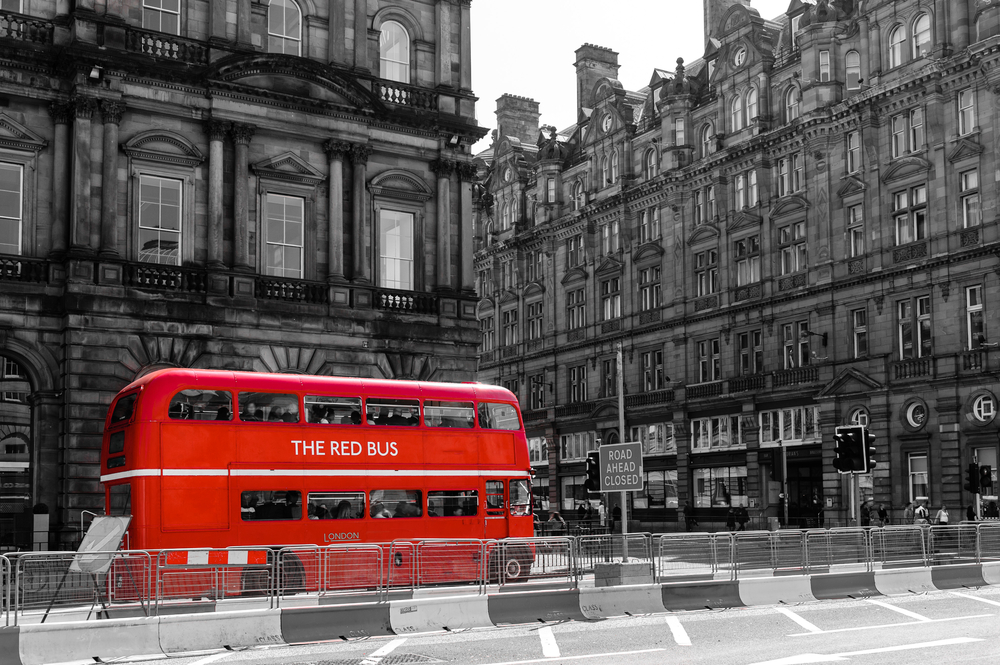
Mobile alcohol treatment centers could soon hit the roads across England after a pilot project proved successful in two communities. Initial trials of these “booze buses,” which provide quick treatment to drunk partiers, led to a dramatic decrease in ER visits, saving hundreds of thousands of dollars in health-care costs.
The mobile units were first tested as part of a $1.5 million government-funded initiative to reduce the harms associated with drinking in 20 communities across England, from March 2012 to September 2014.
According to a report from the UK’s Alcohol Fund, a double-decker “booze bus” parked in Maidstone, a town southeast of London, helped more than 1,700 people, preventing around 1,000 ambulance visits and saving around $370,000 in health-care costs. The double-decker bus, equipped with up to 15 trained staff, was parked on the town’s main street on weekend nights, treating people with minor injuries related to drinking and providing a safe waiting area for partiers waiting to get home.
According to local council officer Duncan Bruce, staff were “surprised” by the success of the mobile treatment center. “It takes a while and these things don’t happen overnight, but with them there you can go into town and have a good night out, knowing that you’ll be nice and safe,” he said. “The idea was to have an identifiable resource in the town center at night, which could form a base to give emergency aid, first aid and to be a place where people could go if they were lost or had their money stolen.”
By day, the bus doubled as a mobile education center, with staff giving talks on subjects ranging from teenage pregnancy to drug awareness at schools and community centers.
Other Alcohol Fund initiatives to deal with problem drinking across England included taxi marshals to oversee drinkers’ transportation home, volunteer “street pastors” and “evening safety wardens.” All of these projects have been credited with helping boost drinkers’ safety and reducing injury and accidents.
The Department for Communities and Local Government (DCLG) said other areas of the country “should learn from the successes of the project” and introduce similar initiatives.
Said a DCLG spokesman: “Over the two years, these community coalitions of local police, community activists, local authorities and retailers saw marked drops in anti-social behavior, street drinking and for some, ambulance callouts.”